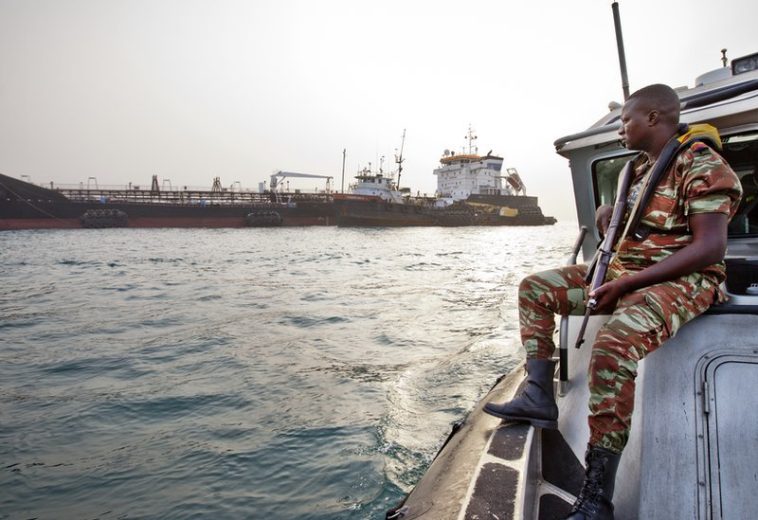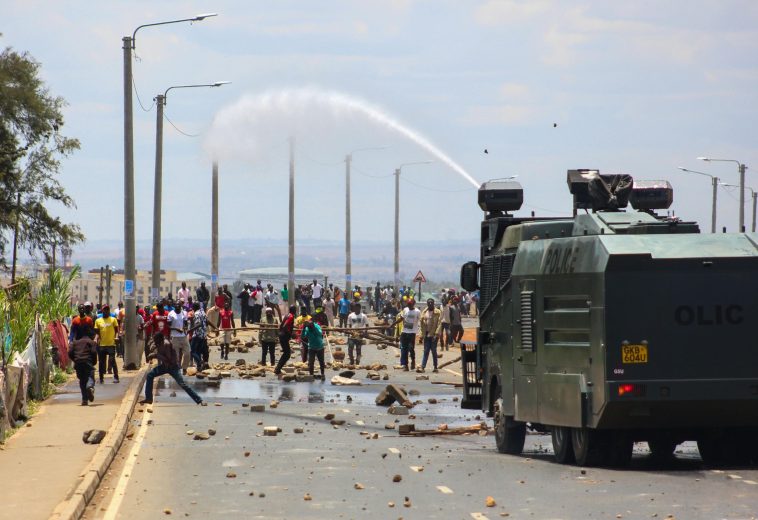UNHCR vs Rwanda: What does this mean for Africa
The surge of refugees from conflict zones in Africa has forced neighboring countries to open their borders to people fleeing these red zones in search of a better and safer home. According to the United Nations High Commissioner for Refugees (UNHCR), there are over 30 million internally displaced persons, refugees, and asylum-seekers in Africa. It is expected that this figure which represents nearly one-third of the world’s refugee population should ring emergency bells in the ears of those in governance.
As every other nation sharing borders with conflict-ravaged nations, Rwanda, in 2017, opened its borders to refugees fleeing conflict zones and seeking haven in the country. The country under President Paul Kagame’s administration, also signed a Memorandum of Understanding with the African Union, and UNHCR on 10 September 2019, to set up an Emergency Transit Mechanism (ETM) to secure evacuating refugees and asylum seekers due to the deteriorating security setting in Libya. Currently, Rwanda is home to over 135 thousand refugees.
This is why the UNHCR’s accusation of the Rwandan government’s neglect of refugees is startling. According to the UN agency, in a British court, deporting migrants and refugees to Rwanda would be a mistake as these refugees are at risk of their lives. The agency accused the government of conveying refugees and deported migrants to states where they risked torture or death.
The government of Rwanda in turn has denied this accusation by the UN agency, saying that the agency presented false information and “unserious allegations” against the African nation. According to a statement released by the government of Rwanda, “The organization seems intent on presenting fabricated allegations to UK courts about Rwanda’s treatment of asylum seekers, while still partnering with us to bring African migrants from Libya to safety in Rwanda.”
Both parties, UNHCR and the Rwandan government, have opposed each other’s opinion on the issue, at a crucial time when the British government, under Prime Minister Rishi Sunak, plans to deport refugees to Rwanda. The plan by the British government has been a hot political issue and has caused a month of deadlock of deliberation between the upper and lower British parliament on the course to take.
One party has presented the civil and human rights abuses accusations against the government of Rwanda as the basis of refusing to authorize the deportation of these migrants to Rwanda, and the others have cited the need to deport these migrants who came into the country in their tens of thousands illegally mostly from war-torn regions.
The UNHCR in a statement said,” The UK-Rwanda Asylum partnership shifts responsibility for making asylum decisions and for protecting refugees.” Still, the Rwandan government in its defense said that the case being raised by the UN agency is the case with every other country ensuring that every migrant obtains legal status and meets the entry requirements of the country.
This ongoing debate between Rwanda and the UN agency transcends Rwanda, but the whole of Africa. This case serves as a reminder of the urgent need to answer the primary question of why these refugees flee Africa; the continuous conflicts in the continent. The issue throws more light on the need to address the various conflicts plaguing African regions. There would be no need for Africans to migrate to other continents in search of a better life if this need was met by their native governments.
This serves as a wake-up call to African leaders, governments, and international organizations, including the UNHCR. It’s imperative to eliminate political maneuvering from the chessboard and prioritize humanity to decrease conflicts and wars across Africa. These stakeholders must adopt a comprehensive approach to deter Africans from risking their lives in search of a better future, instead focusing on building stronger, more prosperous nations.


